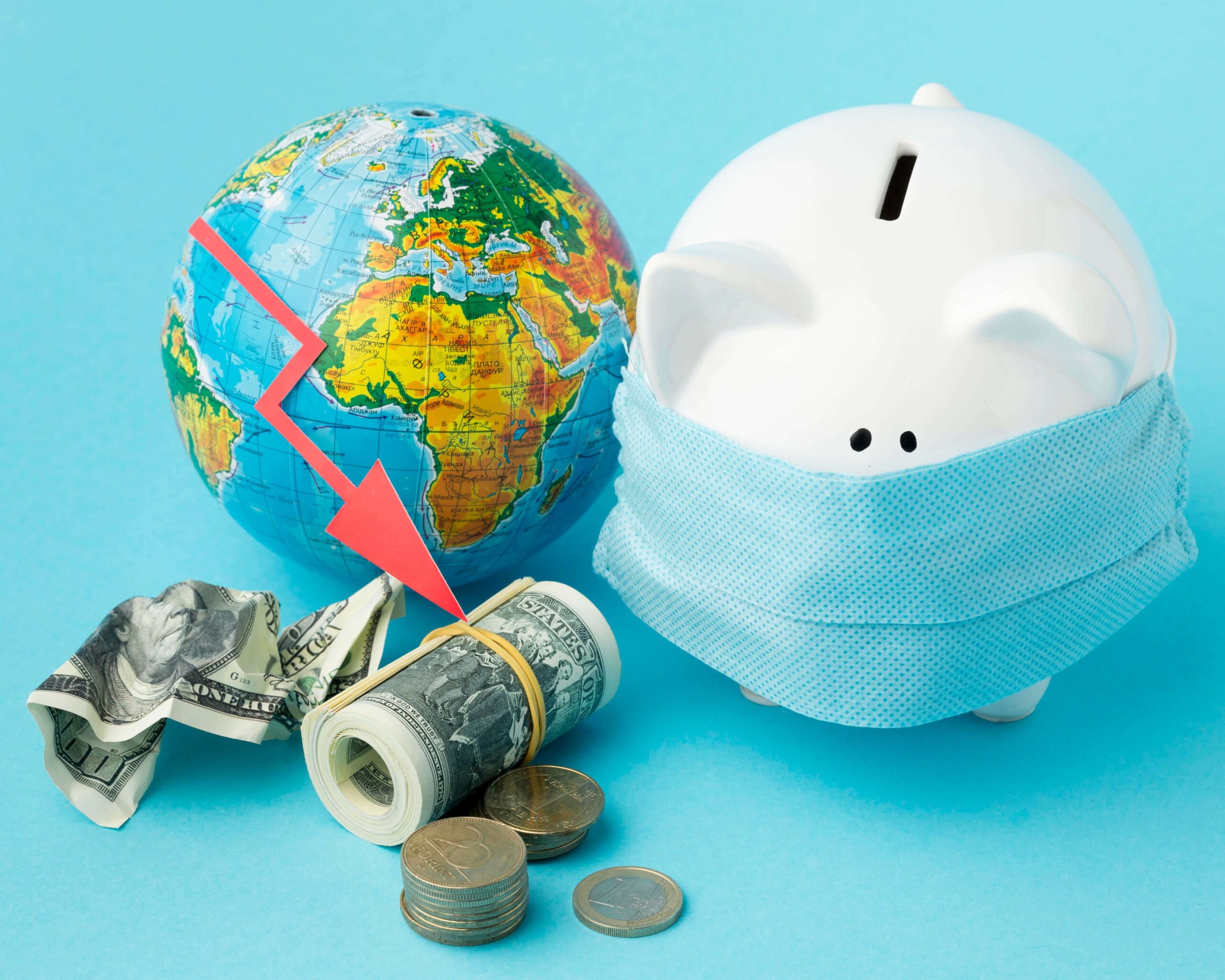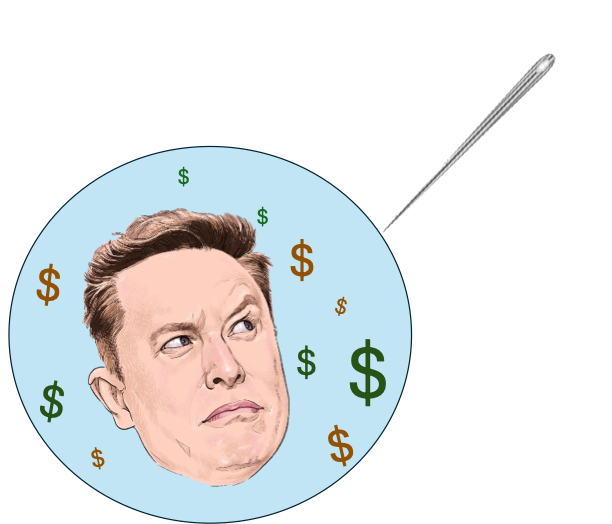Last month, David Malpass, President of The World Bank refused to acknowledge the climate crisis. After dodging questions about global warming, he eventually answered “I don’t know. I’m not a scientist”. Brilliant. This is the man tasked with “boosting prosperity for the poorest people” and “helping to create sustainable economic growth”.
Nobody has time for “manufactured ignorance”
By claiming not to know about climate change, Malpass played a classic greenwashing card. The ol’ “Manufactured Ignorance”. According to professor and author of “Culture Audit in Financial Services” Roger Miles, this is one of finances’ Greatest Hits when it comes to shirking climate responsibility. Manufactured ignorance is “designed to side-step the core questions”. After all, you can’t fix a problem you don’t know about, right?
This is something Tom McGillycuddy remembers well. After years of frustration in incumbent banking, he co-founded CIRCA 5000, a fintech platform for impact investments. “It seemed like the industry was mostly against changing and considering impact”. In some cases, he was advised to “actively ignore” sustainable opportunities because they “disrupt what we do”. This, from banks marketing themselves as “addressing climate change”.
Can old-school banks re-educate themselves in time?
Someone on a mission to change this is activist and triple master’s degree holder, Zoe Cohen. In a recent AGM, she asked the board of Barclays to talk with former Government Chief Scientific Advisor Sir David King. This, she hopes, can eliminate manufactured ignorance once and for all. “Once you know the truth, you’ve got a moral obligation to act”, she stresses. “No one can argue that they don’t know”. As expected, the board members, who were “smirking” have been slow to act on their commitment. “They keep trying to fob me off”, Cohen eye-rolls.
However, some industry leaders believe bankers do want to support the climate transition and that ignorance is not manufactured. “As with any fast-growing movement, there’s a portion of firms and people who want to get involved without really knowing what they’re doing”, comments CEO of the Chartered Banker’s Institute and Author of “Green and Sustainable Finance”, Simon Thompson.
Thompson has launched a series of certified courses to support the change. He also provides short talks alongside others, including Miles (and myself) to Sustainability Unlocked, an online resource for financial services. He wholeheartedly believes that most do want to help.
But I’m not so sure. Because, alongside manufactured ignorance, there are swathes of other toxic roadblocks at the heart of sustainable finance. Box ticking, vanity metrics, fear of change, dictator-style cultures… We don’t have time for this s***. The planet is suffocating right now.
Toxic practices are getting in the way of saving the planet
A typical way banks greenwash is with a nifty trick known as “vanity metrics” or “performativity”, reveals Miles. This is when firms make a big song and dance about how much research or money they’re throwing at the problem, rather than actually fixing it.
Take JP Morgan Chase – it’s creating sustainability reports left, right and centre. Not to mention broadcasting its $2.5 trillion target to address climate change over the next ten years. You’d hardly believe that this is the same company that poured $382 billion into fossil fuel financing… 34% more than any other bank in the world. Including $61.7 billion last year, as they wrote their ESG report. Call me a pessimist, but I don’t think they’re all that committed.
Another classic is “tick-boxing”. “ESG is the perfect tool that allows existing banks and investment firms to continue doing exactly what they’ve always done, while ticking that box of sustainability”, sighs McGillycuddy. “The scores can be easily fudged… It’s just marketing spiel”. Head of Behavioural Science of Oxford Risk, Greg Davies agrees. “For a lot of organisations, the fact they can tick some ESG box is probably where it ends”, he adds.
We’ve got some of the worst people leading the transition
To fix these systemic issues, we must look at the leaders. Take Malpass. He’s Republican candidate who began his career selling mining equipment at Esco Corp. With all that privilege behind him, he became Chief Economist at Bear Stearns & Co, an investment bank notorious for its role in the 2008 financial crisis. Why WOULD he acknowledge global warming? His bank account is DRIPPING in oil, he probably bathes in the stuff.
What’s more alarming is that this man – who seems to have an allergy to morality – was allowed anywhere near sustainable finance to begin with. That’s the real problem.
But sadly, Malpass is just the beginning. High finance is infested with these old Wall Street psychos and City Boy wankers. Look at the six CEOs responsible for pouring $1 trillion into fossil fuel financing, since the 2015 Paris Agreement. They’re all from the same toxic swamp. They care more about profit than the planet and they always will.
“[This] group of people at the top got to where they are precisely by NOT focusing on anything other than financial remuneration”, comments Davies. In the words of McGillycuddy, “Why would they change the formula?”
Fix it or get out of the way
To truly manage the climate crisis, we must have leaders who care about it, and who are willing to learn. Alison Rose, CEO of NatWest Group is a brilliant example. We need more like her.
What we don’t need is more of the same money-obsessed toxic psychopaths. Old-school bankers need to do things properly or get out of the way. Our planet doesn’t have time for their bulls***.




